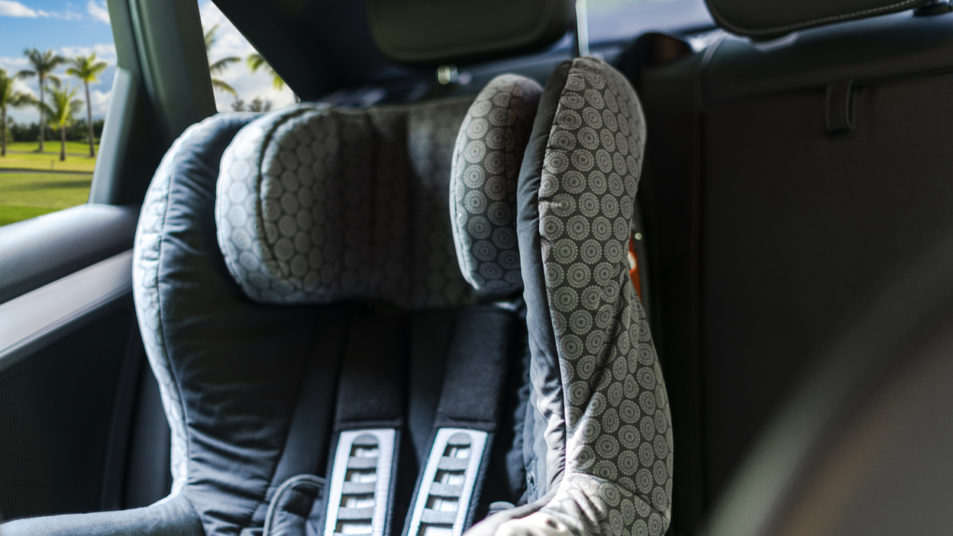Can You Still Use a Car Seat After an Accident?
Several sources recommend that you replace a car seat after an accident. The NHTSA recommends replacing a car seat after a moderate or severe accident.
However, a car seat might not need to be replaced after a minor car crash. The NHTSA defines a minor car crash as:
- You could drive the vehicle away from the accident scene
- The vehicle door closest to the car seat was not damaged in the collision
- There is no visible damage to the car seat
- None of the vehicle occupants sustained crash injuries
- The airbags did not inflate during the collision
If any of the above factors apply, you need to consult the manufacturer’s guidelines and consider replacing the car seat. Whenever in doubt, it may be best to replace the car seat. Your child’s safety could be at risk if you use a car seat involved in a car accident.
The Insurance Company Should Pay for a New Car Seat
If you were involved in a car accident that damaged your car seat, the insurance company should replace the car seat as part of your property damage claim. Don’t allow the insurance adjuster to convince you to replace the car seat.
You should obtain evidence of the cost of a new car seat that is the same or similar model to your previous seat. You deserve to be reimbursed for the cost of a new car seat if another driver caused the car crash.
Car Seats Decrease the Risk of Death or Injury in a Car Accident
According to the Centers for Disease Control, using a car seat reduces the risk of injury for children by 71 to 82 percent compared to seat belt use alone. Using booster seats reduces the risk of serious injury by 45 percent for children between the ages of four to eight years.
The American Academy of Pediatrics (AAP) provides detailed information about car seats online. Families can use the guidelines to choose a safety seat or booster seat that meets their child’s needs. Parents should also read the manufacturer’s guidelines to ensure their child’s height or weight does not exceed the maximum limits for the car seat.
Generally, the AAP recommends using rear-facing car seats for as long as possible. Once a child outgrows the rear-facing safety seat, the parents can transition the child into a forward-facing safety seat.
The child should use the forward-facing car seat until they outgrow it. Once they outgrow a car seat, the parent can use a booster seat with belt-positioning functions until the child is tall enough for a seat belt.
Parents should check their car seats for recalls and register the car seat to receive recall notices. Each state has laws regarding child passenger restraints. Most state laws follow the AAP and NHTSA guidelines for car seats, but it is up to parents to know the laws in their state.
What Should I Do If My Child Is Injured in a Car Accident?
Children injured in car crashes can sustain traumatic injuries. Even minor injuries could have long-lasting developmental, emotional, physical, and cognitive impairments.
After a crash, you should have your child examined by a physician — regardless of the severity of the crash. You should also watch for symptoms of injuries in the days and weeks after the car accident.
You can protect your child’s legal right to compensation by filing an injury claim. However, child injury claims can be complicated. Seeking legal advice to understand personal injury claims is generally in your child’s best interest.
If you are considering filing an injury claim, you should:
- Document the details of your child’s recovery with pictures and notes
- Take pictures of physical injuries right after the crash and as the injuries heal
- Keep a journal detailing your child’s recovery
- Make notes about your child’s daily struggle with pain, suffering , withdrawal, nightmares, and other symptoms
This information can help your attorney prepare a case for maximum compensation for your child’s damages.
It is always best to verify claim deadlines with an attorney. Missing a deadline for filing a lawsuit could result in the loss of compensation for damages.

Leave a Reply